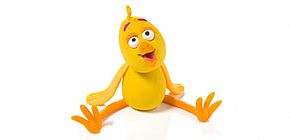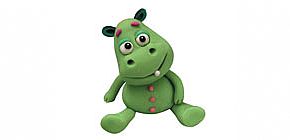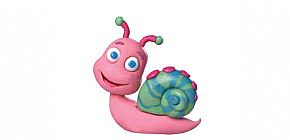Before and After Labor: What Do You Really Need to Have at Home?
.jpg) |
|
What is important that you have at home immediately following the birth, and what can wait? In order to truly understand your needs and those of your infant at every stage of development and avoid unnecessary expenses, it is recommended that your divide your long shopping list into a few, shorter ones. That way, you can shop for your little ones calmly and wisely, leaving some purchases for after you’ve gotten to know you new child a little and have received a few gifts…
Items we recommend you purchase before the birth
Preparing ahead of time by purchasing or renting basic equipment that will help you care for your infant (or yourself) during the initial postpartum stage, is important and will likely help reduce shopping-related stress once baby comes home. Most infant product stores provide great service and allow you to order items before the birth, and have them delivered to your home once your infant is born.
● Furniture for the nursery - In the beginning, you really only need a cradle, which you can rent for a nominal fee after the birth, as well as weather-appropriate bedding. You can wait on purchasing a full-size crib until your infant is three months old, saving you space at home and money in your wallet before your new bundle of joy arrives. Another item that is important to have for the newborn stage is a breathing monitor, like “Babysense.”
● Accessories for leaving the home - A stroller outfitted with weather-appropriate accessories, a diaper bag that can be attached to the stroller’s handles and a quality car seat that is safety approved and not expired - without it you won’t be discharged from the hospital.
● Toiletries - Aside from the obvious products, like a baby bath, stand and soft towel, you will want to buy a bath oil to wash your infant with. It protects infants’ skin in the first months. Another important purchase - 70% alcohol and cotton balls to sterilize the umbilical area. It is recommended to buy diapers and diaper cream when leaving the hospital, once your infant’s size and sensitivities are better known.
● Feeding and calming accessories - Before giving birth and before you know what your infant’s feeding and calming needs will be, it’s a good idea to purchase just one bottle and one pacifier (models designed for newborns).
● Clothing - As your infant’s size is still unknown, there is no need to buy an entire first year’s wardrobe at this time. You can get by with five weather-appropriate outfits. Pre-wash the outfits with baby-friendly detergent, so they’ll be ready for the wearing.
● First aid and other infant essentials - Be on the safe side and prepare a soft, flexible thermometer and fever reducer/pain reliever that is safe to use from birth. In addition, according to the Health Ministry’s recommendations, you should also purchase a vitamin D supplement ahead of time, and give it to your infant daily, throughout their first year of life.
Purchases that can wait until after the birth
● Feeding and calming accessories - After the birth and recovery period, your infant’s feeding and calming needs will become more established. You can then buy the amount of bottles, pacifiers and nursing products you need (nursing bras, nursing pads, breast pump, nipple cream, etc.).
● Clothing - You’ve given birth, you know your infant’s size and have arranged all gifted items of clothing in the closet. Now’s the time to fill in whatever items of clothing are still missing from your infant’s wardrobe.
● Anti-gas serum - Approximately 35% of infants aged two weeks and up will suffer from gas. If your infant suffering from gas pain, you can give them medicinal drops designed to relieve gas in infants.
● Toys and stimuli - During their first weeks of life, your infant is mainly stimulated by their parents’ faces, voices and hugs. Roughly one month following the birth, you can start buying your infant external stimuli, such as an activity mat and black-and-white image book - stimuli that help with the infant development process.
Many infants suffer from an iron deficiency, which is likely to affect their future development, even if their nutrition and weight are on par. As ...
From the moment your child first enters the Tipat Chalav (well baby check-up clinic) system, you, the parent, will learn all about growth curves. What ...
The first month following childbirth is generally the most charged period your family will experience. Your hormones are raging, your infant is gassy ...


.jpg)
.jpg)
.jpg)
.jpg)



.jpg)
.jpg)
.jpg)
.jpg)

.jpg)


.jpg)


Contact us